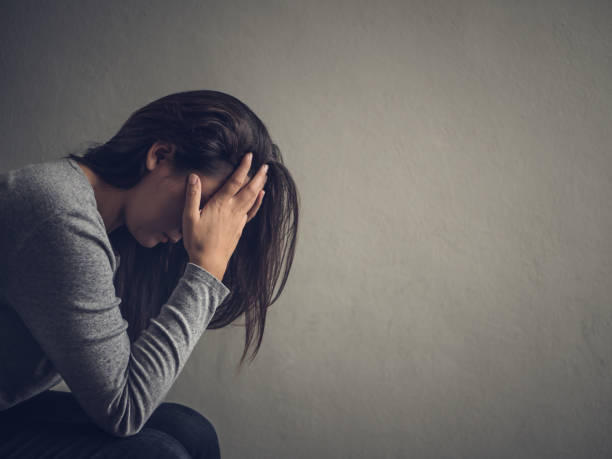
Much has been written about this devastating and widespread virus that has claimed the lives of thousands and has caused severe economic down turns on a global scale.
And then there are the effects of the physical quarantine on millions of people – both positive and negative – that have literally changed lives, perhaps permanently.
For those suffering from mental illness in its various forms and degrees, from one end of the spectrum to the other, the quarantine’s effect can be a totally different entity altogether.
I cannot speak for anyone else but myself. Each individual and each case is unique. I can’t stress this enough, so it is not wise nor fair to compare.
Being an introverted person with, what I would like to think, many creative talents, this extended home stay has been an advantage. I relish the unhurried pace. I enjoy the fact that I don’t have a deadline (other than the one I impose upon myself) and can work on creative projects to the minutest detail. It is a relief for me to not have to face many people in my line of work. Somehow, the ZOOM meetings are not as tedious, though they were stressful for me to use at first.
Having Bi-polar 2 Disorder is a challenge, especially when “week 3” of quarantine began. The “vacation” was over. What’s next? This is what the “mania” side of the disorder asked.
My medications and a very supportive husband have allowed me to be functional 80% of the time, even at home. However, it is important to differentiate between being able to function 80% of the time and functioning at only, say, 30% of “myself”.
By the 4th week, depression hit. This was the “30%”. When the depression side of Bi-polar 2 hits, it hits hard. The simplest tasks are even too difficult to think about, much less do, and sometimes overwhelming guilt exacerbates it. It has been almost 2 weeks now, with many days of severe depression.
At this time of quarantine, the guilt somehow increases tenfold because of all the thoughts that compete for attention – both the depressive and manic sides.
“I should be able to manage my time better. I should be able to accomplish more because I have more time to focus. I should be able to finish many projects by the time this quarantine is lifted. I should be less stressed out and depressed since I don’t have outside pressure from work. I should be looking for a better paying job after all this is over. I should not sleep too much even if my brain and body are exhausted.”
Well, my advice to myself would be…STOP!
Stop being so hard on myself that I end up back to square 1 – depression and guilt.
Stop blaming myself.
Stop expecting too much from myself. My productivity is reduced because of my condition, and I need to accept that, no matter how long it takes.
Stop berating myself for wanting the TV on so that my rushing thoughts focus on less stressful things, like dream home renovations.
Stop feeling guilty for wanting – needing – more rest.
For those of us who also suffer from “rushing thoughts’, rest for the mind is a must. And sleep is the only complete rest for this. If I need more sleep, especially when I am medicated, then I need to sleep. My body and mind need it. I’ll be all the better for it once I’ve had enough rest.
And this quarantine time is a good time to rest when necessary. Don’t feel guilty.
I do not know how long I would need to stay home. I don’t know when I will finally be able to walk outside and just enjoy the flowers blooming in this city I live in. I don’t know how much time our beloved senior dog will have left as she suffers from Acute Renal Failure. There are so many unknowns. And my brain is causing my head to physically ache almost everyday.
I don’t need to know them all. I can only take so much without breaking down completely. I can only wait, rest, do whatever activity I can, trust, hope, and stay in touch with family and friends.
For those of us who suffer from mental illness, especially during this lockdown in many parts of the world, let’s get all the support we need wherever we can. The safest way is online, via social media.
Get in touch with family, friends, or friends of friends through Facebook or any social media platform you may have. Reach out to someone you think you can trust. Stigma or not, your mental health and well-being are important. Someone you trust. Remember, someone you trust.
May God sustain us all and heal our land.


